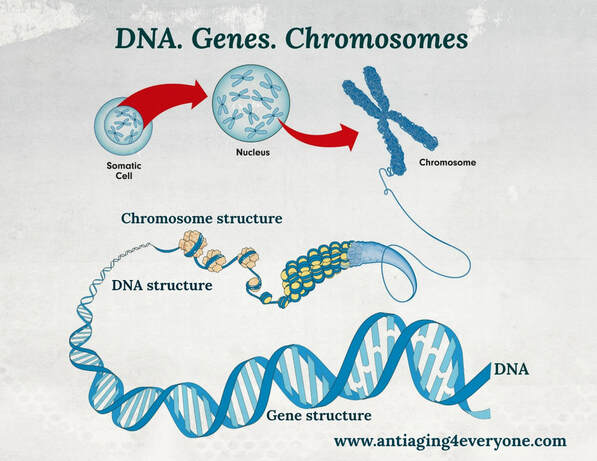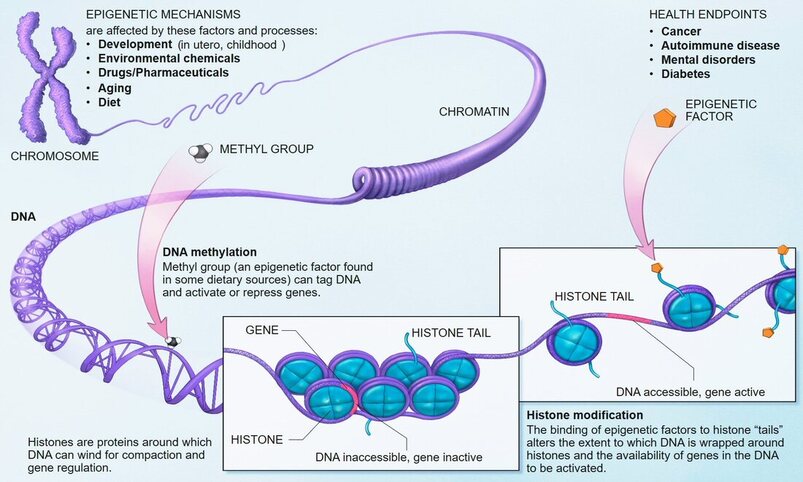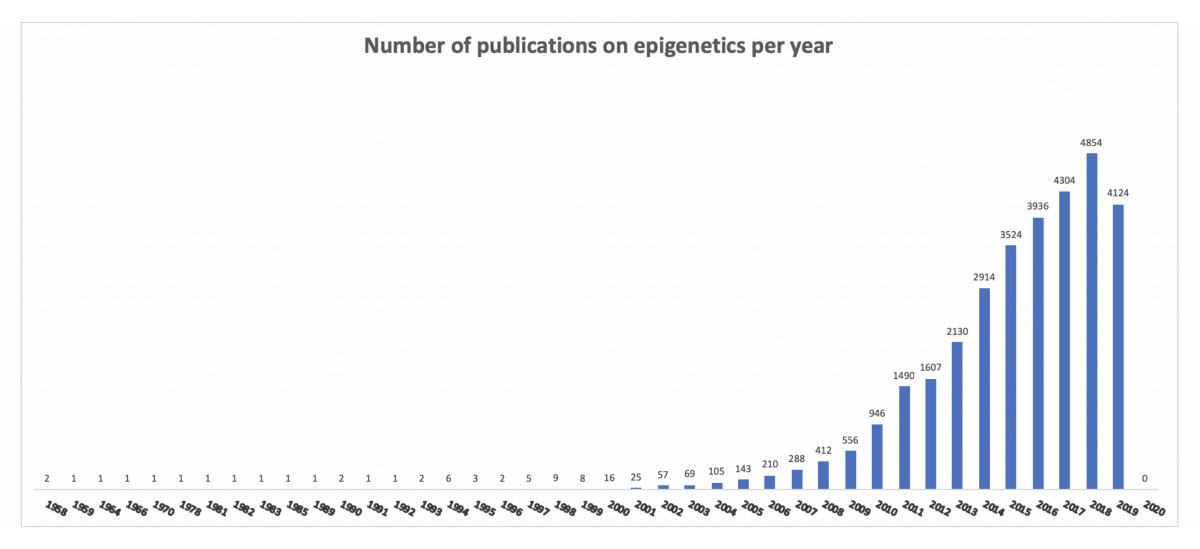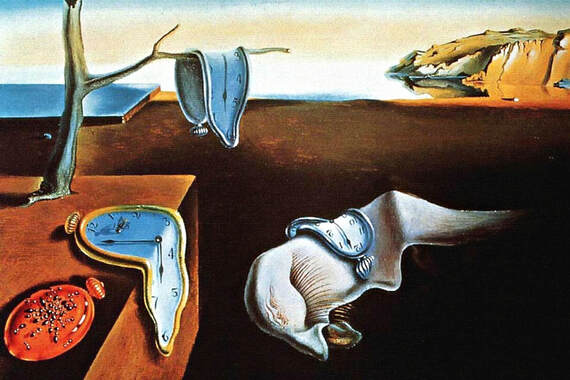Epigenetic Clocks and DNA Methylation Based Biological Age
- About the guest authors
- Genetics
- The role of epigenome in our destiny
- The science of epigenetics
- Epigenetic clocks
- Epigenetic age testing by epiTtherapeutics - EpiAging
References and Literature
Previous publications in the cycle -
Table of the Contents for the publications cycle Biological Age and Biomarkers of Aging



